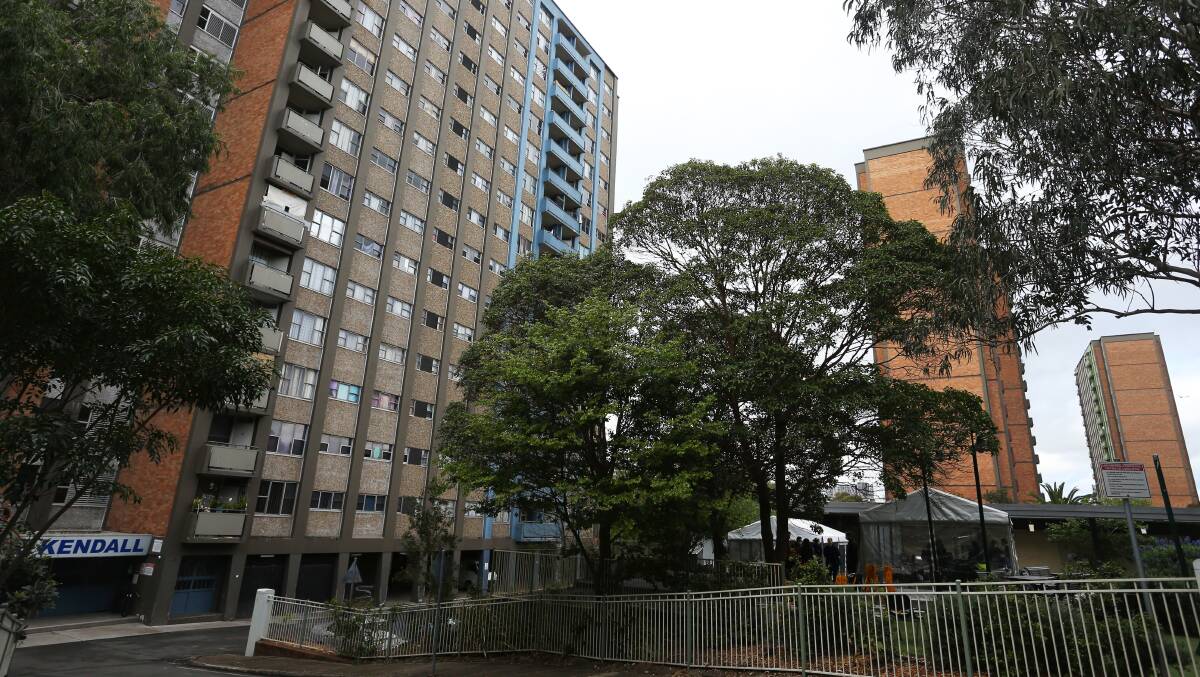
The post-Christmas hangover involves a good dose of financial anxiety for millions of Australians. This time of year is always a financial challenge, but in 2021 more than ever, Australians' household budgets were eclipsed by spiralling housing costs.
Subscribe now for unlimited access.
or signup to continue reading
Paying for a roof over our head is the number one expense for most Australians, the one which contributes the most stress day in and day out, and makes it extremely difficult for many to make ends meet throughout the year, let alone over the holiday period.
And with the nation's property market not yet at its peak, and the federal government wilfully neglecting calls for an intervention, it seems there is no relief in sight.
SQM Research's Christopher's Housing Boom and Bust Report 2022 predicts the property market will continue to grow early this year, with Brisbane to lead the capital city charge.
House prices in the river city are set to surge between eight and 14 per cent, after an already unbelievable 2021 where property price and rental records repeatedly tumbled.
Domain's End of Year Wrap revealed Australian house prices rose by a shocking 21.9 per cent last year. That is the fastest annual rate of growth on record.
Melbourne and Canberra joined Sydney in having a median house price above $1 million and, according to CoreLogic, Tasmanian dwelling values increased by 28.6 per cent.
This is all despite an economic downturn due to COVID and stalled population growth with international border closures. And it's not just capital cities that experienced colossal growth.
As a result of the pandemic, we have seen many people with inner-city incomes take advantage of more flexible work conditions by moving to coastal and regional communities, driving up both house prices and rents.
House prices in Somers in Victoria, Byron Bay in NSW, and Sunshine Beach in Queensland increased by an eye-watering 69 per cent, 58 per cent and 48 per cent respectively in 2021.
In Western Australia, rents for all houses in the Goldfields region increased by almost 30 per cent. On Queensland's Gold Coast, rents soared by nearly 32 per cent. In the NSW Hunter region, rents rose by close to 20 per cent. The national figure, according to SQM Research, is a 14.1 per cent increase.
The human consequences of this explosion have been devastating for some. Many on lower and middle incomes have had to move out of the area they have called home their entire lives, often further away from their jobs. Some have slipped into homelessness or are on the brink of doing so.
There are reports of desperate families setting up camp sites in NSW state forests and in Queensland caravan parks, because they simply have nowhere else to go.
READ MORE:
It is heartbreaking but sadly unsurprising, given in NSW - even with a priority listing - there are waits of up to 18 months for social housing.
There is, however, a commonsense solution to relieve pressure in the housing market and give more options to those struggling to make ends meet: building more social and affordable housing.
The Morrison government has so far refused to entertain the idea, continuing its COVID modus operandi of wiping its hands of its own responsibilities and pushing them onto the states.
Federal spending on social and Indigenous housing has steadily declined, with a 12 per cent drop between the 2017-18 budget and the 2021-22 budget. Housing Minister Michael Sukkar last year stated it's not up to the Commonwealth to fix the housing problem.
But even the NSW Coalition government's Regional Housing Taskforce has underscored the urgent need to make a major investment in social and affordable housing to ease the crisis.
Critically, its Recommendations Report highlighted the role the Commonwealth must play.
And if the Prime Minister and his government listen and invest, it would pay enormous dividends, as well as helping those most in need of affordable, stable housing.
At a minimum we need the federal government to lead an investment with the states in net growth of 25,000 social housing properties a year.
The federal government has the fiscal firepower to end this crisis, and there is no time to lose. Housing should be a basic right, not a sadistic, high-stakes competition.
- Kate Colvin is spokesperson for Everybody's Home, a campaign to fix Australia's housing system.

